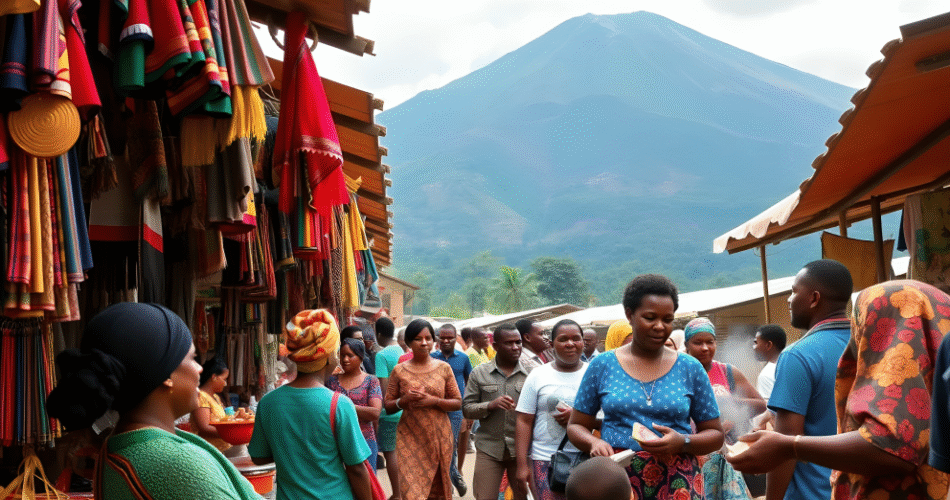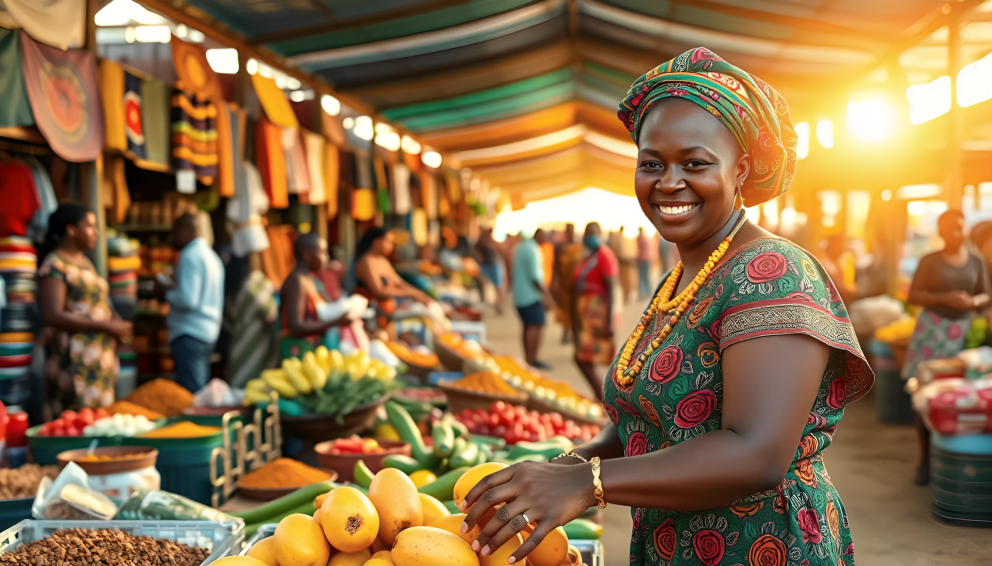Cameroon, often referred to as “Africa in miniature,” is a country brimming with cultural diversity, breathtaking landscapes, and vibrant traditions. For travelers eager to immerse themselves in authentic African experiences, one of the most rewarding ways to do so is by exploring its local markets. These bustling hubs of activity offer a window into the daily lives, culinary delights, and artisanal crafts of Cameroonians. For visitors with a Cameroon eVisa, navigating these markets can be an enriching and unforgettable experience.
Why Local Markets Should Be on Your Itinerary
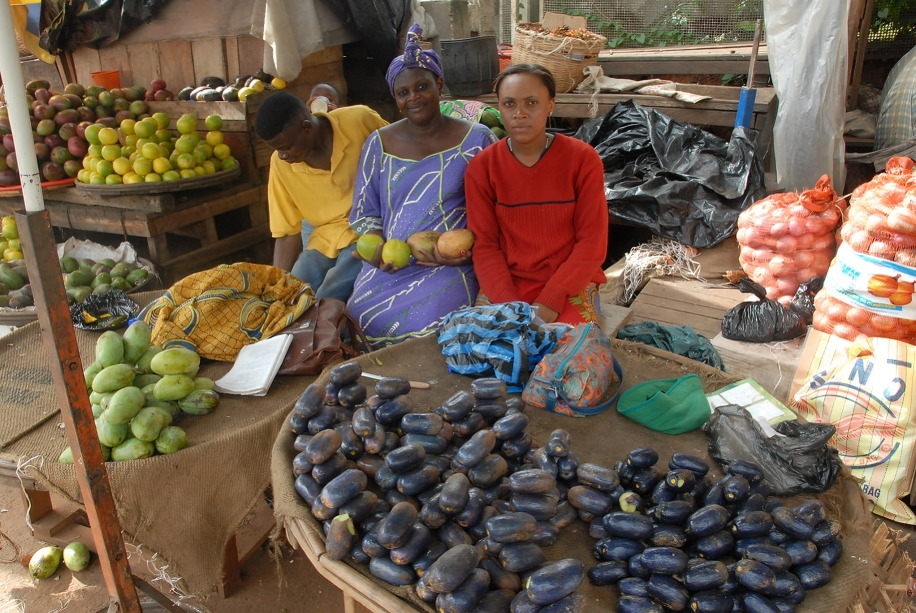
Cameroon’s markets are more than just places to shop—they are cultural landmarks. Each market tells a story, showcasing the region’s unique customs, local produce, and artisanal skills. From colorful fabrics in Yaoundé to exotic spices in Douala, visitors will find treasures that reflect the nation’s rich heritage. Markets are ideal for those seeking to experience Cameroon beyond the usual tourist attractions, providing a vibrant mix of sights, sounds, and scents that define daily life.
Visiting local markets also allows travelers to connect with Cameroonians personally. Haggling for goods, trying street food, and watching craftsmen at work offers a more intimate travel experience. These interactions foster cultural understanding and often lead to discovering hidden gems not mentioned in guidebooks.
Top Markets to Explore in Cameroon
1. Marché Central, Yaoundé
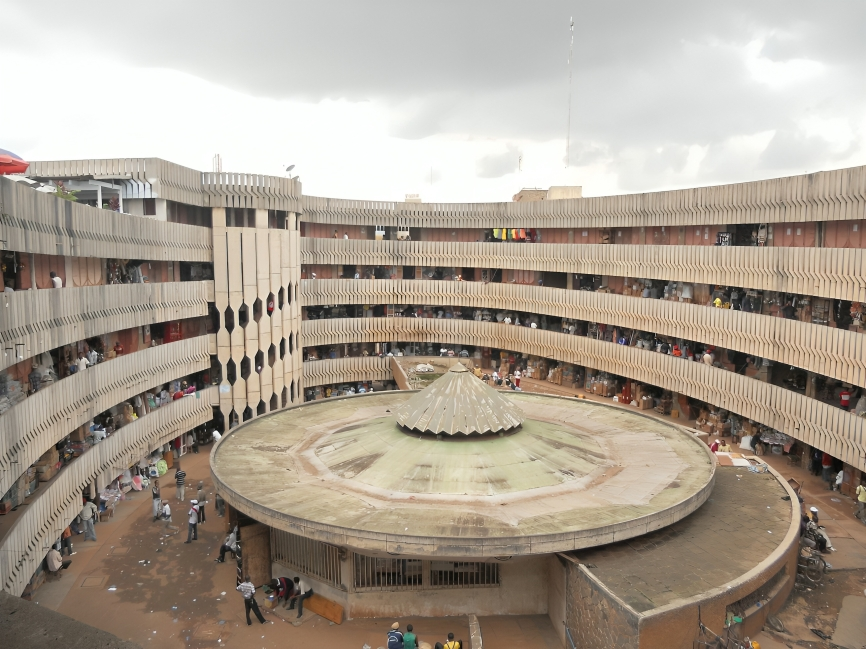
This is one of the largest and busiest markets in the capital city. Here, visitors can find everything from fresh produce, handmade jewelry, and local textiles to traditional medicines. The market is lively, crowded, and full of surprises, making it an excellent starting point for first-time travelers.
Travel tip: Bring small bills and coins for purchases, and be prepared to negotiate prices respectfully.
2. Akwa Market, Douala
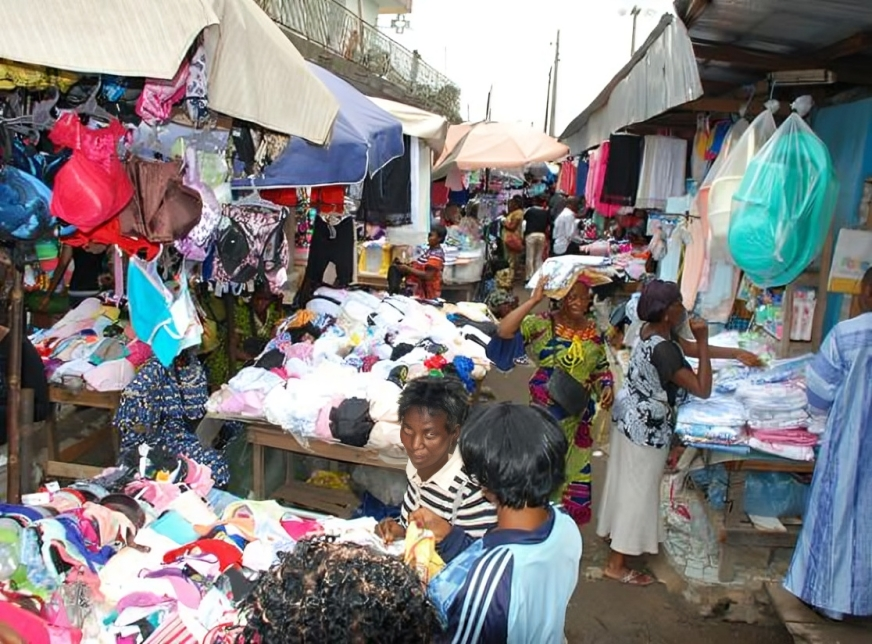
Akwa Market is renowned for its diversity. From modern electronics to traditional crafts, this market offers an eclectic mix of goods. Street vendors serve local delicacies such as grilled fish, plantains, and spicy sauces, providing a culinary adventure alongside shopping.
Travel tip: Visit early in the morning to avoid heavy crowds and to see the freshest produce.
3. Mboppi Market, Douala

This market is famous for textiles, including colorful wax prints and hand-woven fabrics. Tourists seeking souvenirs or unique clothing items will find Mboppi Market particularly enticing.
Travel tip: Keep your belongings close, as busy markets can be a hotspot for petty theft.
4. Mfoundi Market, Yaoundé
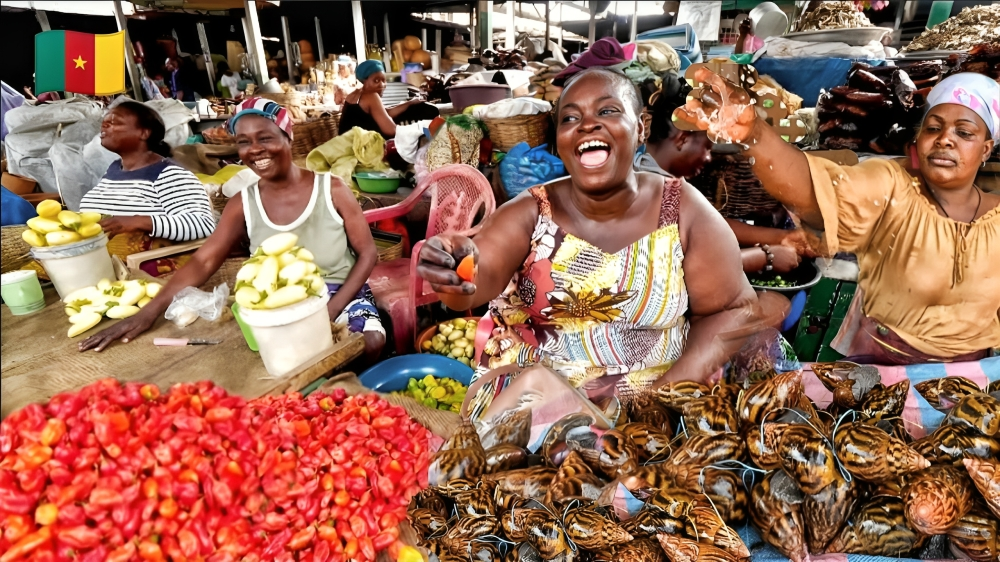
Mfoundi Market provides an authentic taste of Cameroon’s culinary scene. From local spices and palm oil to fresh tropical fruits, this market is perfect for food enthusiasts looking to explore traditional flavors.
Travel tip: Try small samples before buying, and don’t hesitate to ask vendors for cooking tips—they’re usually happy to share.
Practical Tips for eVisa Holders Visiting Markets
Travelers with an eVisa can enjoy Cameroon’s markets with ease, but preparation is key. Here are some tips to ensure a smooth and enjoyable experience:
- Understand local currency: Cameroon uses the Central African CFA franc (XAF). While some markets may accept cards, cash is essential for most purchases.
- Dress comfortably: Lightweight, breathable clothing is recommended, along with comfortable walking shoes for navigating crowded market streets.
- Stay hydrated: The tropical climate can be hot and humid. Carry a water bottle to avoid dehydration.
- Learn basic phrases: Knowing simple phrases in French or local languages like Ewondo or Douala can make interactions smoother and more enjoyable.
- Respect local customs: Markets are community spaces, so maintaining politeness, especially when bargaining, is appreciated.
Culinary Delights You Must Try
Exploring markets isn’t just about shopping—it’s also about tasting Cameroon’s culinary diversity. Street food vendors offer an array of flavors:
- Ndolé: A traditional dish made from bitter leaves, peanuts, and meat or fish.
- Suya: Spicy grilled meat skewers, often served with onions and peppers.
- Fried plantains: Sweet or savory, these are a staple snack throughout the country.
- Fresh tropical fruits: Mangoes, papayas, pineapples, and bananas are abundant in markets.
Sampling local cuisine in markets not only delights your taste buds but also supports local vendors and small businesses.
How to Stay Safe While Enjoying Market Adventures
While Cameroon’s markets are vibrant and welcoming, travelers should exercise common safety precautions:
- Avoid carrying large sums of money—use a secure money pouch or wallet.
- Stay aware of your surroundings, especially in crowded areas.
- Be cautious with street food—choose vendors with clean cooking areas and fresh ingredients.
- Keep your valuables out of sight, particularly phones, cameras, and wallets.
- Travel in groups when possible, as local knowledge can enhance safety and enjoyment.
Shopping Tips for Souvenirs and Local Products
Markets are the perfect place to pick up unique souvenirs. Here’s how to make the most of your shopping experience:
- Bargain respectfully: Haggling is part of the culture, but always do so politely.
- Ask about the origin: Knowing where and how items are made adds value to your purchase.
- Support local artisans: Choose handmade crafts over mass-produced items.
- Check quality carefully: Inspect fabrics, jewelry, and crafts to ensure durability.
How to Apply for a Cameroon Visa?
For eVisa holders, the Cameroon Visa application process is straightforward. Below is a simple guide to help you get started:
| Step | Description |
| 1. | Check Eligibility – Verify that your nationality qualifies for a Cameroon eVisa Check Eligibility. |
| 2. | Prepare Documents – Required documents may include a passport, passport photo, travel itinerary, proof of accommodation, and proof of sufficient funds. |
| 3. | Fill the Application Form – Complete the Cameroon eVisa online form carefully, providing accurate personal and travel details. |
| 4. | Pay the Fee – Fees can vary depending on your nationality and type of visa. Ensure you have a secure method of payment. |
| 5. | Submit and Wait for Approval – After submission, the application is processed, usually within a few business days. |
| 6. | Receive eVisa – Once approved, download and print your eVisa. Keep it handy during travel. |
Having an eVisa ensures that travelers can move quickly through entry points and start exploring Cameroon without delays.
Tips for Maximizing Your Market Experience
To truly enjoy Cameroon’s markets, consider these additional tips:
- Plan your visit early: Mornings are less crowded and produce is freshest.
- Bring reusable bags: Many vendors may not provide packaging.
- Take your time: Don’t rush through—part of the experience is observing and interacting.
- Take photos respectfully: Ask permission before photographing people or stalls.
- Combine with local tours: Some guides offer market tours, providing cultural context and insider tips.
Final Thoughts
Exploring Cameroon’s local markets is an adventure that engages all the senses. For eVisa holders, these vibrant hubs offer a convenient and immersive way to experience the country’s cultural diversity, culinary richness, and artisanal traditions. With proper preparation, an open mind, and a sense of curiosity, visiting these markets can become one of the highlights of your trip.
Markets in Cameroon are living museums of everyday life, waiting to be discovered. Whether you are sampling spicy street food, admiring handcrafted textiles, or haggling for souvenirs, the experience will leave you with lasting memories and a deeper appreciation for this remarkable country.
